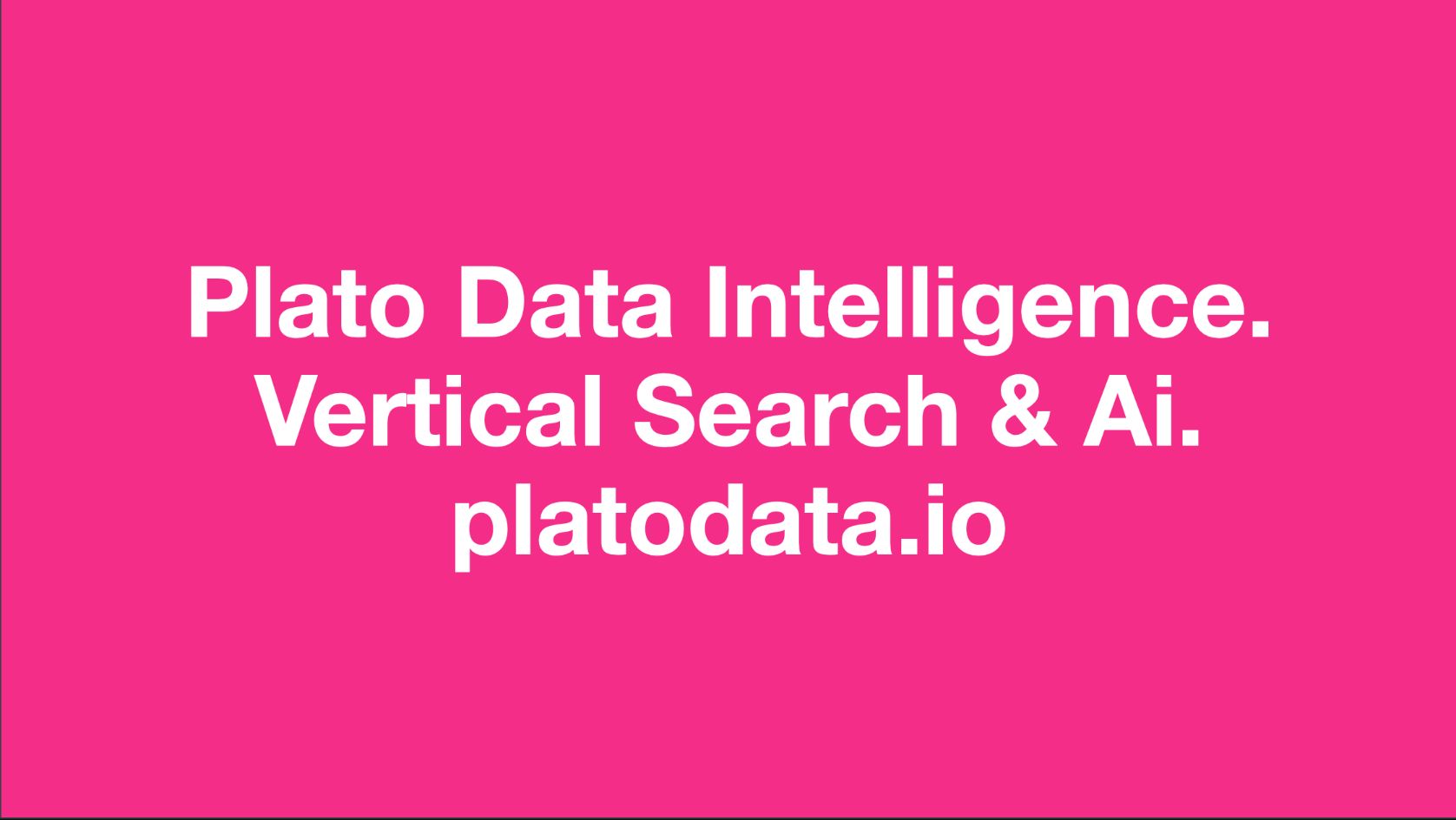New High-Integrity Labels for Carbon Credits: A Comprehensive Guide to the Changing Voluntary Carbon Market
Introduction:
As the world grapples with the urgent need to address climate change, the voluntary carbon market has emerged as a crucial tool in reducing greenhouse gas emissions. However, concerns about the credibility and transparency of carbon credits have plagued the market for years. To address these issues, new high-integrity labels for carbon credits have been introduced, aiming to provide greater assurance and accountability. This comprehensive guide will explore the changing landscape of the voluntary carbon market and shed light on these new labels.
The Voluntary Carbon Market:
The voluntary carbon market allows individuals, organizations, and companies to voluntarily offset their carbon emissions by purchasing carbon credits. These credits represent a reduction or removal of greenhouse gas emissions from projects such as renewable energy, reforestation, or energy efficiency initiatives. By purchasing these credits, buyers can claim to have reduced their carbon footprint and contribute to global emission reduction efforts.
Challenges in the Voluntary Carbon Market:
The voluntary carbon market has faced criticism due to concerns about the credibility and effectiveness of carbon credits. Some of the key challenges include:
1. Additionality: The concept of additionality refers to whether a project would have happened anyway without the revenue generated from selling carbon credits. Critics argue that many projects in the voluntary market would have been implemented regardless of carbon finance, making the claimed emission reductions questionable.
2. Double Counting: Double counting occurs when multiple parties claim the same emission reduction for their own carbon offsetting purposes. This undermines the integrity of the market and raises doubts about the actual impact of purchased credits.
3. Verification and Monitoring: The lack of standardized verification and monitoring processes has led to concerns about the accuracy and reliability of reported emission reductions. Without robust systems in place, it becomes difficult to ensure that projects are delivering the promised environmental benefits.
New High-Integrity Labels:
To address these challenges and restore trust in the voluntary carbon market, several high-integrity labels have been introduced. These labels aim to provide greater transparency, accountability, and credibility to carbon credits. Some of the prominent labels include:
1. Gold Standard: The Gold Standard is a certification standard that ensures projects not only reduce greenhouse gas emissions but also contribute to sustainable development goals. It requires projects to meet rigorous criteria related to additionality, environmental integrity, and social benefits.
2. Verified Carbon Standard (VCS): The VCS is a widely recognized standard that ensures the credibility of carbon credits. It requires projects to undergo independent verification and monitoring, ensuring the accuracy of reported emission reductions.
3. Climate Action Reserve (CAR): CAR is a nonprofit organization that operates a rigorous carbon offset program. It provides third-party verification and ensures that projects meet strict criteria for additionality and environmental integrity.
Benefits of High-Integrity Labels:
The introduction of high-integrity labels brings several benefits to the voluntary carbon market:
1. Credibility: These labels provide assurance that purchased carbon credits represent real and additional emission reductions, addressing concerns about greenwashing and double counting.
2. Transparency: The labels require projects to undergo independent verification and monitoring, ensuring transparency in reporting and reducing the risk of inaccurate claims.
3. Sustainable Development: Labels like the Gold Standard emphasize the importance of sustainable development, ensuring that projects not only reduce emissions but also contribute to social and environmental co-benefits.
Conclusion:
The voluntary carbon market plays a crucial role in addressing climate change, but concerns about credibility have hindered its potential impact. The introduction of high-integrity labels such as the Gold Standard, VCS, and CAR brings much-needed transparency and accountability to the market. By choosing credits with these labels, buyers can have confidence that their investments are making a genuine contribution to global emission reduction efforts while promoting sustainable development.
- SEO Powered Content & PR Distribution. Get Amplified Today.
- PlatoData.Network Vertical Generative Ai. Empower Yourself. Access Here.
- PlatoAiStream. Web3 Intelligence. Knowledge Amplified. Access Here.
- PlatoESG. Automotive / EVs, Carbon, CleanTech, Energy, Environment, Solar, Waste Management. Access Here.
- BlockOffsets. Modernizing Environmental Offset Ownership. Access Here.
- Source: Plato Data Intelligence.

